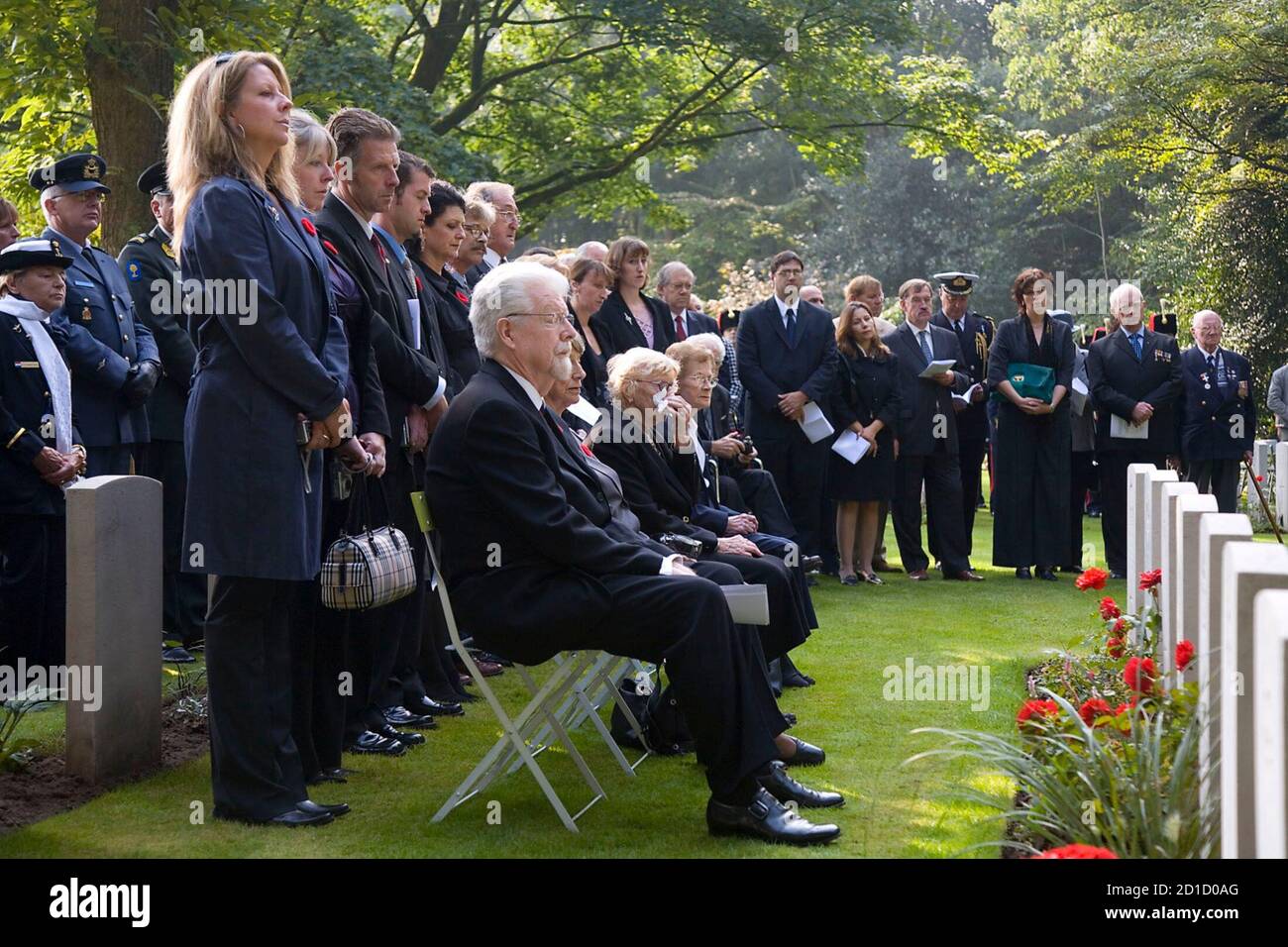

For 30 years he worked with the Ontario chapter of the RCAF Benevolent Fund, a volunteer organization that provided financial assistance and counselling to airmen and women who had fallen on hard times. Marshall never forgot the needs of other veterans. He attended the Queen during her 1959 visit.ĭespite his senior rank and personal success, Mr. One of his proudest duties was a four-year appointment as an honorary aide-de-camp to Governor-General Georges Vanier whenever royal duties brought the GG or royal visitors to the Hamilton area. "The family joke was that when dad had to take the salute, mom had to put him on a diet so that his uniform would fit," Susan said.Īfter his air force retirement, he bought a share in a private plane and continued to fly until age 66. Those special-occasion duties continued long after he retired from the RCAF in 1964 when 424 Squadron was disbanded. He had his air force, but I was more interested in my horse shows." "I remember going to change-of-command ceremonies and taking the salute at the cenotaph on Remembrance Day. Susan Marshall grew up used to seeing her farmer father in uniform as he moved back and forth between his fields and the air base. Their green single-prop fighters carried the squadron's distinctive logo of a tiger ready to pounce out of Mount Hope, the 424's hilltop base. Stewart were part of the five-man team that won the MacBrien Trophy in their P51 Mustangs, beating out the country's best regular-force fighter pilots. That skill and competitive nature contributed in 1953 to the success of the 424 in the air force's annual gunnery competition. George Stewart, a veteran fighter pilot and fellow reservist, remembers his former commander fondly. The family took them in and fed them before they resumed roughing it the following day. Dropped off in dangerously cold weather with only a survival kit, the small group of pilots were contemplating a miserable night when they stumbled across an isolated homestead. Marshall usually missed extended military exercises in the warm months, but he had no excuse to skip a winter survival course in 1962 near Fort St. Summer was a busy time for a potato farmer, so Mr. "There were 15 people on our party line and late one night the operator wouldn't put a call through for fear of waking everyone up (if all the telephones rang)." The air force had a private line installed in the Marshall home the next day. Marshall said that her husband's reserve duties once got them better phone service after an RCAF emergency call was blocked by a local operator. Administrative duties took up two nights a week and his reward was a Saturday or Sunday in the sky. He joined Hamilton's 424 auxiliary "Tiger" squadron and spent the next 18 years flying a range of fighters, including Harvards, Mustangs and the T-133 Silver Star training jet.īy 1953 he was the squadron's commanding officer and, in 1960, was promoted to commander of 16 Wing, which administered a number of local reserve squadrons including the 424. Marshall seldom spoke of his wartime experiences, but he was not finished with the RCAF. They married in early 1948 and bought a potato farm of their own north of Waterdown, Ont. He began courting Dorothy Gleed, a registered nurse at Hamilton's Veterans Hospital, whom he had met in high school. Marshall returned to flight instructor duties in Canada and, before his next overseas tour started, the war was over.īy Christmas 1945, he had returned to civilian life and his father's potato farm. One assignment was to bomb German positions prior to the Normandy invasion, during which 150,000 Allied soldiers landed in France on the first day. Marshall's crew flew so regularly that they fulfilled their quota of missions by September. The summer weather of 1944 made for clear flying and Mr. There were 113 holes in the fuselage from ack-ack " "We didn't even know what was causing it until we got back home. When the search lights came on, he was able to take evasive action like no one else."ĭuring one flight, the bomber kept bumping up slightly and settling back down. Marshall's skill with the survival of the crew and its Halifax through 37 missions, mostly over Germany and France. Marshall said her husband told her that the crew members always peed on the plane's back wheel for good luck before takeoff.


 0 kommentar(er)
0 kommentar(er)
